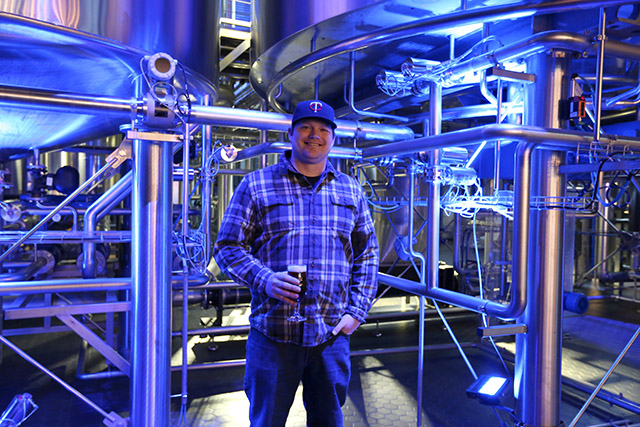
Brewer Magazine will share business and personal insights from Brewmasters, Head Brewers, Brewing Managers, Sales Directors, QCQA Managers and others each weekend to help you get to know each other better in the industry and learn more to better develop your own brand.
CROSBY: My mentor is Firestone Walker’s Brew Master Matt Brynildson. I started working for Matt in 2005 as a shift brewery, and over the course of 11 years took on roles in every area of production, including a seven-year stint running the packaging department. I learned a lot from Matt. He taught me the building blocks of brewing good beer and how to succeed in production brewing. The key: quality. Matt ingrained the importance of quality in every aspect of brewing: product, equipment, staff. And, that you should be on a relentless quest for improvement. I always return to the way Matt lead the team. He was proud of how the brewery was run, and in turn we were all proud of it as well. When anyone would leave to pursue new opportunities, they channeled that same sense of pride into what they were doing; I did that when I came to Surly. The pride is contagious and spreads like a tree, making the entire craft brewing industry stronger, better. There was always something inspiring about how Matt taught others while keeping a focus on internal growth and innovation. Firestone Walker was a great place to learn, to grow, and to lead. I couldn’t do the job I am doing today without Matt’s advice and mentorship.
BREWER: Can you share a success story that you are proud of in your job or maybe a story of how you learned from a situation that has altered your thoughts on how you do your job now?
CROSBY: When I started working at Surly, I was able to make some strategic changes throughout the packaging department that made immediate impacts. My previous experience helped me to make the right decisions that decreased waste, improved efficiency, and increased all measurable quality metrics on the packaging side of the business. These accomplishments didn’t come without their challenges. When I started to oversee all aspects of production, it reinforced that I was always learning and that I could only be as strong as my team. Luckily, we have incredibly talented folks in all leadership positions. They push me and challenge me, making me better at my role and make the job satisfying.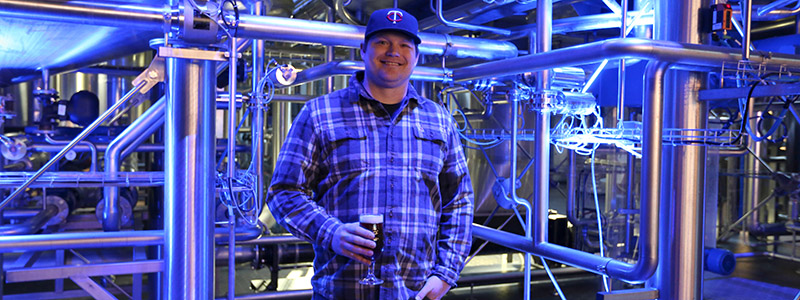
One major milestone was transitioning from one can format to two. In 2018, we introduced 12 oz. cans, 12-packs and wrap around cartons to increase access and viability in a highly competitive market. Now I’ll admit, this isn’t a revolutionary concept but for a company that defined a market for tall boy cans and came of age with it, it was a wholesale change. It reflected the learning, and challenges, we experienced over the years. Now we understand that consumers are looking for more options and it’s important to adapt to consumer demands. The reality: consumers want certain styles, in certain formats. We can do that, and do it with focus on quality while running efficiently and sustainably.
BREWER: Can you touch on something your brewery has added lately that’s unique or making your business more successful (it could be equipment, technology or people)?
CROSBY: Over the last year we formed a brand development group that is proving critical to success. This cross-functional group includes folks from production, marketing, sales, hospitality and ownership. As a group, we taste R&D batches, discuss new styles and explore new processes. I know on the production side we can get very excited about a new process or technology, in a way getting stuck in the details of our vision, but opening the conversation with more folks leads to creating better beers, and brands, that will excite consumers. It’s a collaborative process that fosters real-time feedback and support across every department that plays a role in bringing a beer to market.
BREWER: If you had one business strategy that you could implement to better the brewing industry, what would it be?
CROSBY: As an industry, we’re facing the competition and challenges of a saturated and maturing marketplace. I would encourage a universal focus in the industry on packaged beer quality. There is a lot of great packaged beer in the world, but there is always room for improvement. It’s of course a challenging decision to make when you need to allocate budget across the entire company, but to invest more of a limited budget into production, quality, and sensory, would benefit the beer, and the entire industry. Getting better beer to consumers lifts the integrity of craft beer, and that is something we should all strive for.



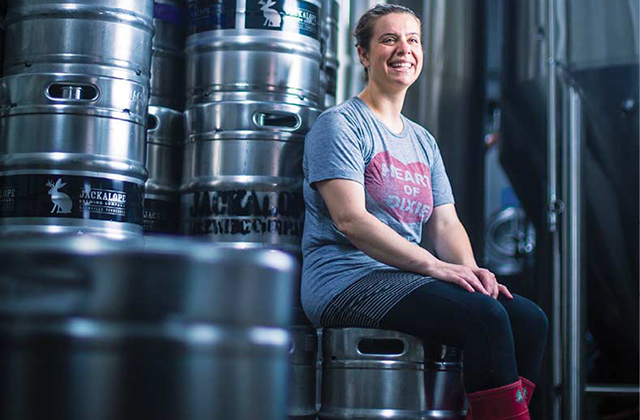
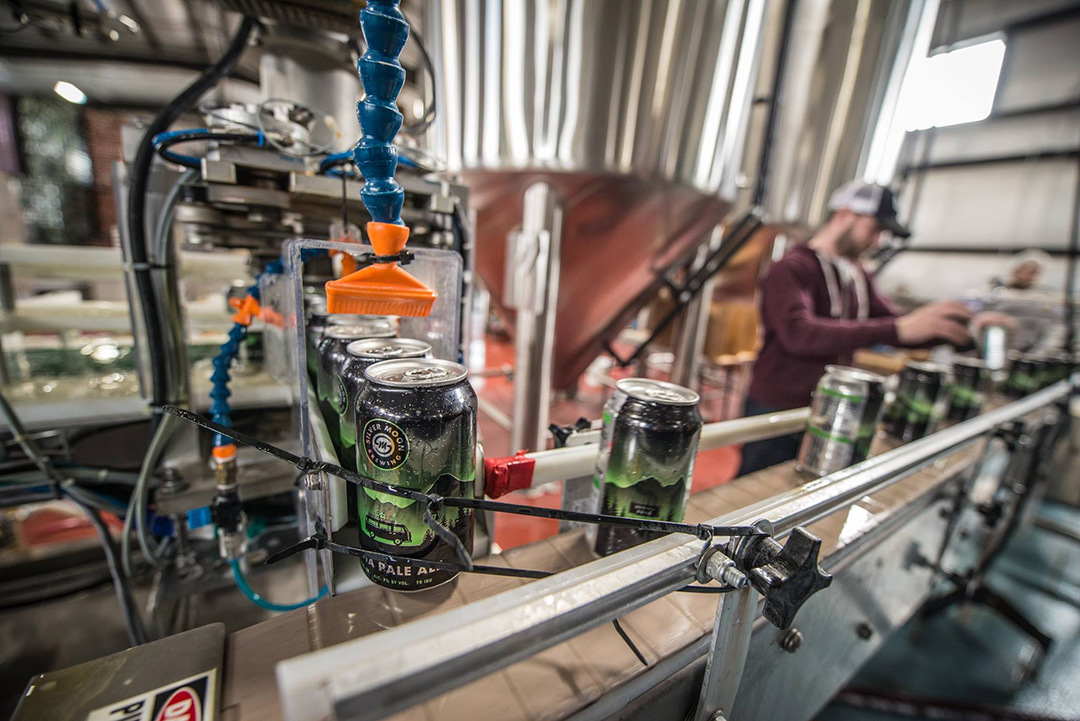
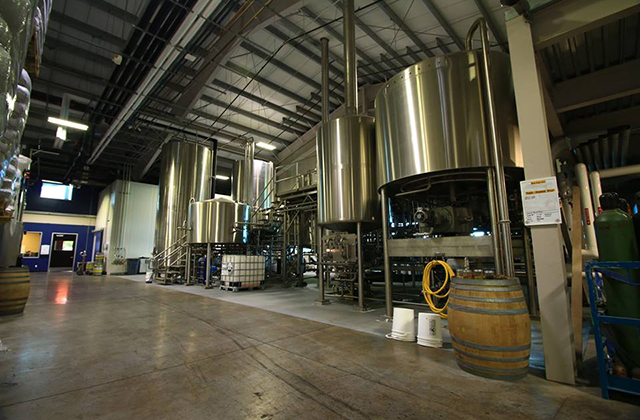
Be the first to comment